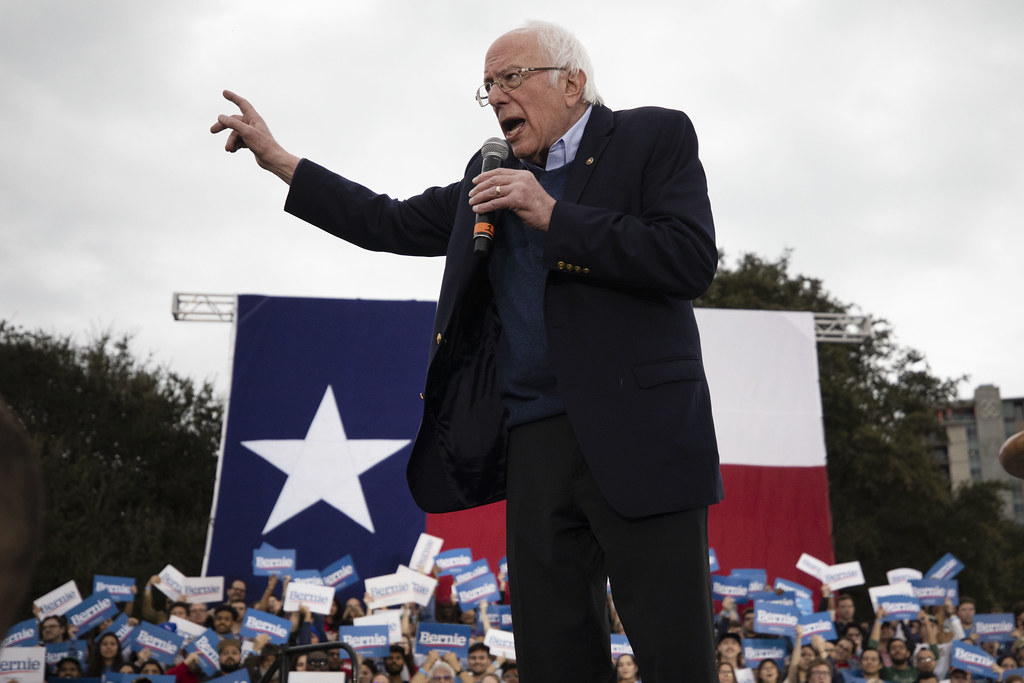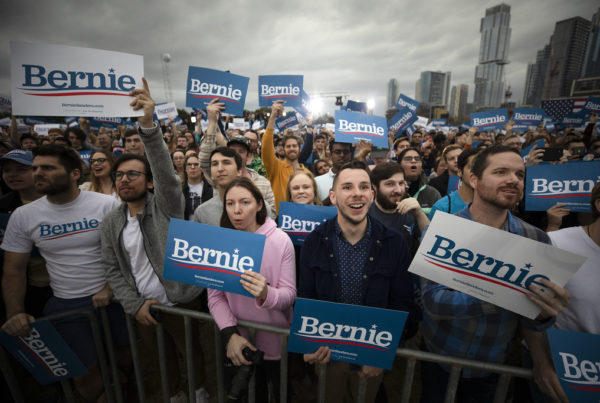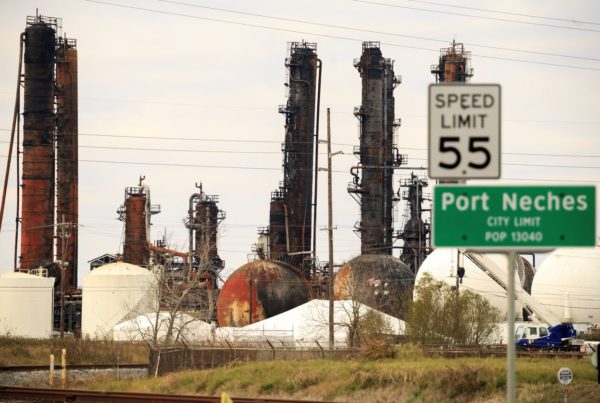Just as it was in 2016, health care is an important issue for voters as they prepare to cast ballots in primaries and in November’s general election. And health care is an especially relevant topic in Texas, as the state continues to opt out of Medicaid expansion under the Affordable Care Act, and face rural hospital closures and high maternal mortality rates.
Rebecca Deen, chair of political science at the University of Texas at Arlington, says health care is “at the top of the list” for most voters.
“Not only in terms of folks who don’t have coverage, but even the folks who do. The cost of health care [is an issue],” Deen says.
Health care is a topic that “energizes” Democrats, Deen says, especially in states like Texas that haven’t expanded Medicaid. It’s likely why Democratic candidate, and Vermont senator, Bernie Sanders, is leading right now because of his “Medicare for All” plan.
Republican voters care about heath care, too, Deen says, but they have concerns about what Democrats are proposing to fix the system. They have reservations about expanding government programs and about how much those programs would cost.
“They worry about leaning into an unfunded mandate,” she says.
Even so, so called single-payer health care is less taboo than it was when Barack Obama talked about it during his first presidential campaign in 2008.
“The range of acceptable options that people are even willing to talk about and become part of the public discussion and public discourse, I think that’s expanded,” Deen says.
Whomever becomes the Democratic nominee will likely continue the health care debate with President Trump up until the general election. For his part, Trump has focused on lowering health care costs as part of his own campaign, Deen says.
Written by Caroline Covington.














